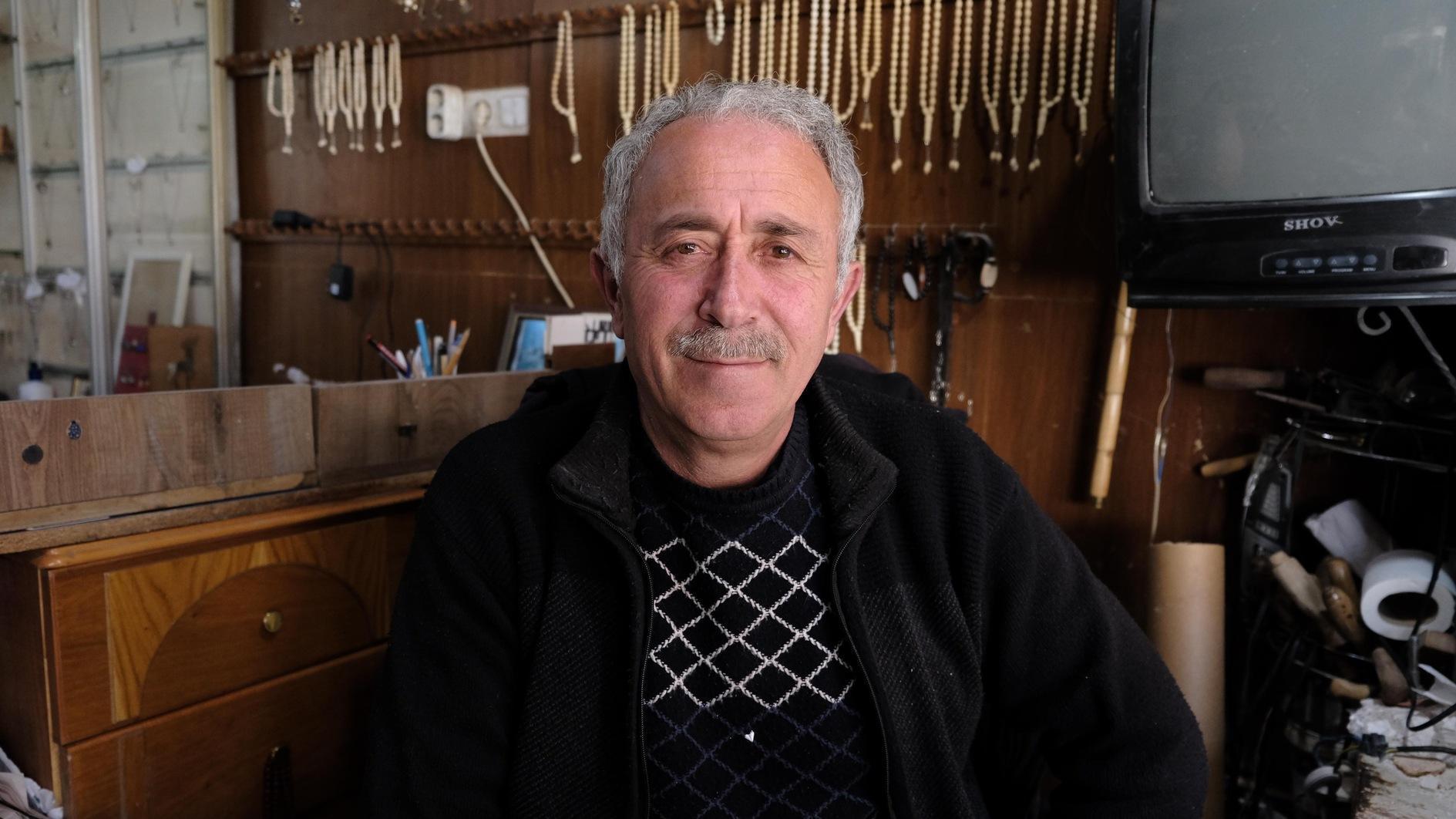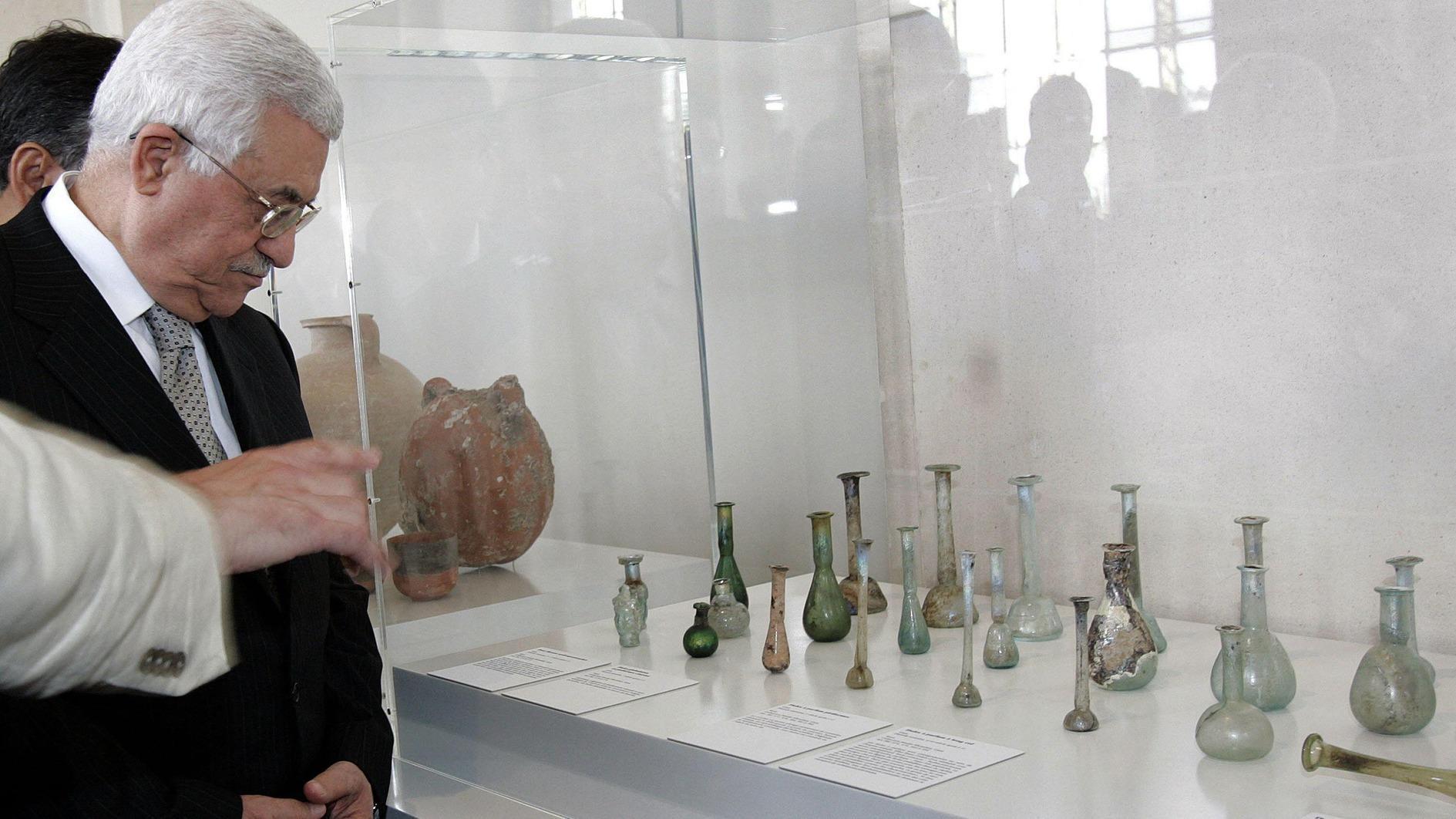The Turkish-Israeli rift over the Haram al-Sharif
Israel’s decision to remove the metal detectors from the entrance to the Haram al-Sharif compound, known to Israelis as the Temple Mount, seems to have assuaged recent tensions. The issue, however, still has the potential to upset the shaky regional order. What’s more, given the recent diplomatic spat between Turkey and Israel over Jerusalem, any further escalation poses a risk to the countries’ normalization process.
Everything started with a terror attack on July 14 that killed two Israeli policemen and three attackers outside Jerusalem’s al-Aqsa Mosque. Responding immediately, Israel ordered a 48-hour closure of the Haram al-Sharif. But as the gates were reopened, metal detectors were installed to prevent any smuggling of arms into the religious compound.
Israel’s move sparked a new wave of violence in Jerusalem’s Old City, leading to protests and deadly clashes outside the gates, as Muslims boycotted the al-Aqsa Mosque over the security searches.
While Israel’s government defended the decision as a security measure, Muslims–who already contest Israel’s control of East Jerusalem–interpreted the move as an attempt to change the status quo at the Haram al-Sharif.
Israel controls access to the compound in line with a 1994 peace treaty between the country and Jordan, whereas daily life within the compound is administered by the Jerusalem Islamic Awqaf Department, also known as the Waqf, which is operated and funded by the Jordanian government.
And while the Temple Mount is open to non-Muslim visitors, only Muslims are permitted to worship there.
For the last couple of days, Israeli officials have been trying to assure the international community that they have no intention of changing the status quo.
Israeli Prime Minister Benjamin Netanyahu stated last Sunday that changing the status quo would not only exacerbate the security situation but also undermine the increasingly warm relations between Israel and Sunni Arab nations.
The Temple Mount is one of the most contested and holiest sites in the world, but the latest upheaval in Jerusalem will unfortunately not be the last as long as the Palestinian issue remains unsolved.
The outbreak of the Arab Spring, the wars in Iraq and Syria, the emergence of the Islamic State of Iraq and the Levant (ISIL), and Iran’s growing regional influence have dominated the agenda in the Middle East, putting the Israeli-Palestinian issue on the back burner for world leaders. Doubtlessly, the collapse of peace talks in 2014 after a long and painful negotiation process created deep frustration as well as a lack of interest among international actors regarding mediation efforts.
The resolution of the Palestinian issue, however, should be considered an essential element in combating terrorism given that jihadist propaganda benefits from Palestinian suffering.
But with the unpredictability of United States President Donald Trump’s administration, power struggles among Gulf countries and the marriage of convenience between Israel and the Arab world against Iran, there appears little chance of a political breakthrough in the near future. Duly, the Palestinian issue remains a ticking bomb, ready to explode at any time.
In the wake of protests outside the Haram al-Sharif, angry members of the ultranationalist Alperen Hearths gathered in front of Istanbul’s Neve Şalom and Ahrida synagogues to protest Israel.
Unfortunately, whenever a crisis breaks out between Turkey and Israel, anger is improperly directed at Turkish Jews, who have been living in Turkey for countless generations, who have embraced the country as their homeland and who serve in the military and pay their taxes, just like every other Turkish citizen.
Crucially, political officials stood firm against the protests targeting religious sanctuaries of the Jewish community. President Recep Tayyip Erdoğan, Prime Minister Binali Yıldırım and Foreign Minister Mevlüt Çavuşoğlu each issued strong condemnations of the demonstrations at the synagogues while calling for restraint.
While efforts to calm down the situation deserve praise, appropriate punishments are necessary to deter similar attacks against the Jewish community in the future. This would not only contribute to social cohesion at home but also boost Turkey’s image abroad as a democratic country that respects minority rights.
As for Turkish-Israeli ties, the handling of the tension over the Haram al-Sharif will definitely test the durability of the normalization process. Both sides would also do well to exercise a moderate tone and eschew social media as a platform for exchanging diplomatic messages amid the current debate.











